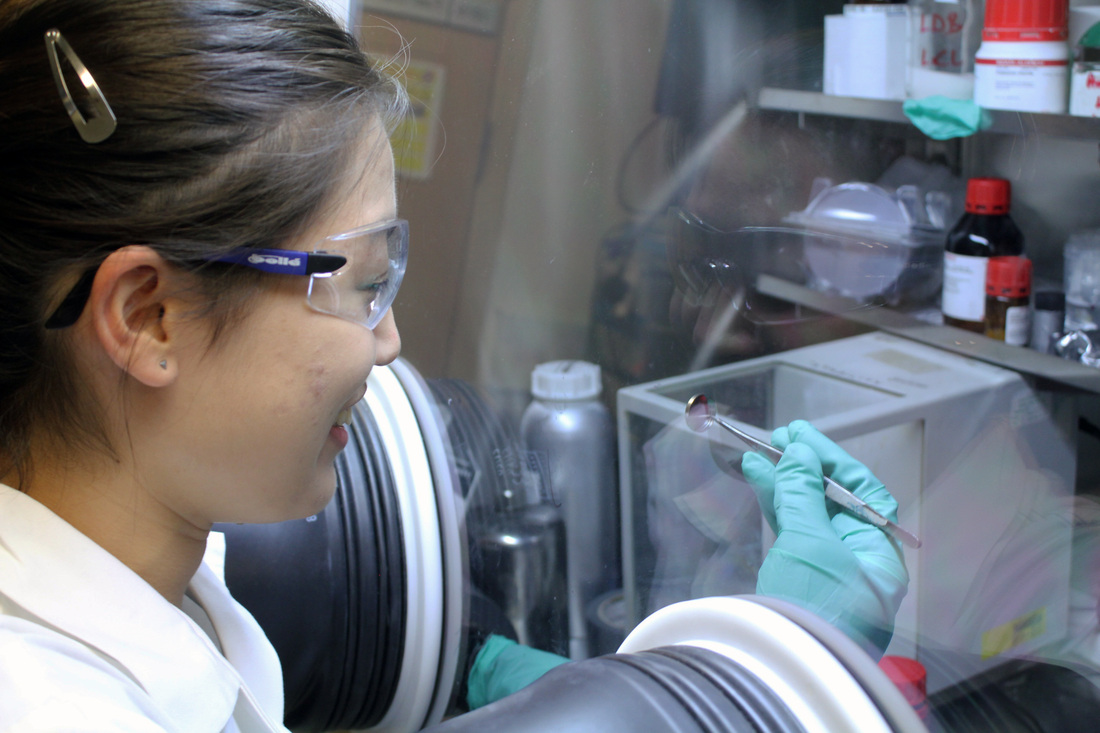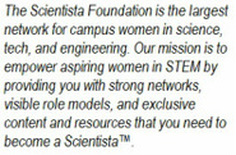|
By Harini Sundararaghavan Research is an important part of the college experience. It allows you to connect with a professor and graduate students, exposes you to possible career paths, and helps you decide if you want to attend graduate school. Your relationship with the PI (principle investigator, as many professors with labs are known) may be one of the best mentorship relationships you form during college, and you will almost certainly request a reference letter after spending a semester to a few years in the same lab. However, getting a research position is not always easy. Most PIs get 5-10 email requests for lab positions each week from potential students, especially at the beginning of the school year: some international, some local. On top of the normal stress of the beginning of the semester, answering these emails can be time consuming and is not often a first priority. Here are some tips on how to make your email stand out and how to get the coveted research position: Be polite and formal in your correspondence. Start by addressing the professor as Dr. Last Name – not ‘Hey’ or ‘what’s up’! Be concise. Professors need to deal with hundreds of emails and may only have time to skim yours. If your email is longer than one paragraph, they are not likely to read it or decide to read it later (which may never happen!). Clearly state who you are and what your goals are. Start by giving your name, degree and year. State any relevant lab experience and mention why you are interested in research. This could be something like ‘I am interested in graduate school and would like to know more about research.’ Do your research on the professor. This is a big one! Most professors have a website. Look at their website and write a few sentences about why you are interested in THEIR research lab. This can really set you apart from other student applicants because it shows that you are really interested in this particular field. Ask for a meeting with some suggested availability. Be specific. If you say ‘I would like to meet you sometime,’ the professor may not respond, since ‘sometime’ is open-ended. If you say ‘Would it be possible to meet you Thursday or Friday afternoon,’ they are more likely to check their calendar and see if they are available for a meeting. Think about your availability. Undergraduate research students can be a huge asset to the lab as well as benefitting students looking for bench or field experience. Make sure you have time to commit to doing lab work – this usually means 10-20 hours a week. If you are already taking 20 credits and have a part-time job, this may not be the right time for you to look for a position. If you are planning to change your schedule when you get a research position, make sure you know how you will accommodate research before you attend the meeting. Congratulations! You’ve followed these tips and scheduled a meeting with your top-choice professor! Now what? Be on time. This may seem obvious, but you are often only scheduled for 15-30 minutes in your professor’s otherwise busy day. If you show up 10 minutes late, you will have limited time to discuss the work. Plus the professor may think you will not be on time for research hours or meetings! Do your research. Look up some recent publications from the lab you are interviewing with. Try to read them and understand the basics. Come to the meeting with questions. Demonstrating that you are interested and willing to do the work makes you a more desirable candidate. Make sure you are interested! Once you do your research, make sure there are aspects of the work you want to participate in. There is no point in meeting someone and talking about your interests if they don’t align with the interests of the lab. Be enthusiastic and willing to try new things. Ask questions – no one expects you to know everything! Demonstrate your intellectual curiosity by asking questions when the professor explains what the position and project entail. With dedication and a little luck, you can find the research experience that works for you. No matter what your future career is, having experience in your field will help you with your next career move. Work hard and maybe you will even get on a publication. Click to set custom HTML Comments? Leave them below!
0 Comments
Your comment will be posted after it is approved.
Leave a Reply. |
Education BlogAbout ScientistaSubscribe!NEW!New PostsWhat's HotClick to set custom HTML
You Might Like...
Connect With UsLatest tweets |
The Scientista Foundation, Inc. All Rights Reserved © 2011-2021 | Based in NY | [email protected]
The Network for Pre-Professional Women in Science and Engineering
The Scientista Foundation is a registered 501(c)(3) -- Donate!
The Network for Pre-Professional Women in Science and Engineering
The Scientista Foundation is a registered 501(c)(3) -- Donate!



 RSS Feed
RSS Feed









